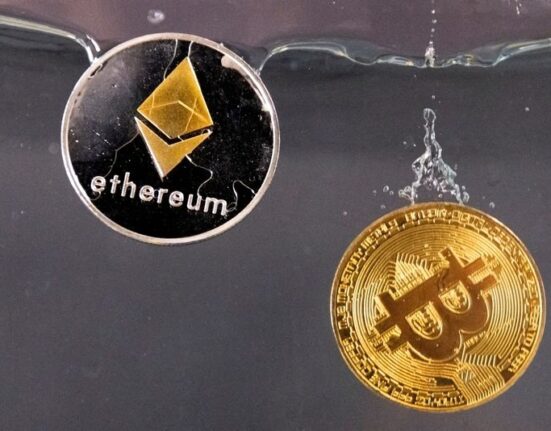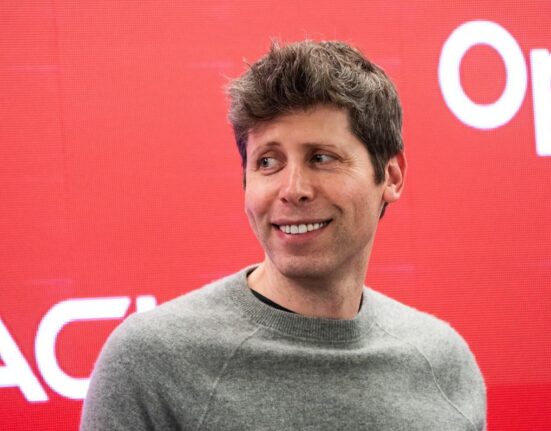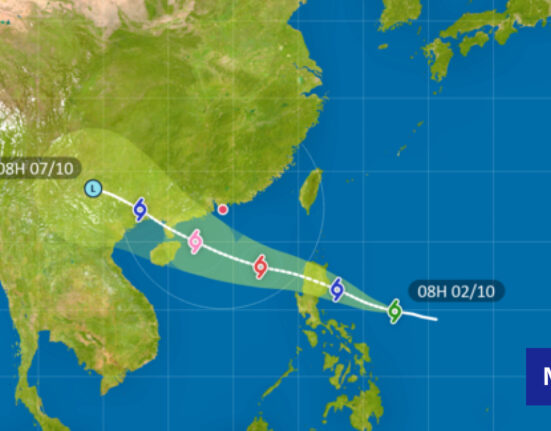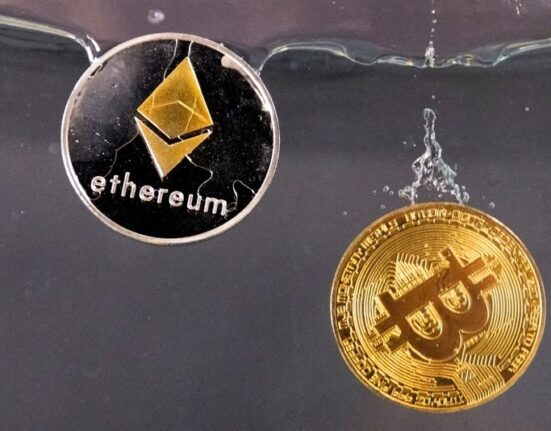-
Amazon CEO Andy Jassy said “efficiency gains” from AI would mean fewer workers at the company.
-
AI’s impact on jobs has been hotly debated as it completes or accelerates certain tasks.
-
CEOs have previously given advice on how to survive the AI revolution.
Amazon CEO Andy Jassy has told employees that “efficiency gains” from AI would reduce the company’s “total corporate workforce” in the next few years.
Jassy may be the most prominent CEO to say AI is coming for people’s jobs, but he’s far from the first.
This is the advice CEOs have been giving about how to use AI — and avoid losing your job as a tech revolution threatens to reinvent the world of work.
Micha Kaufman, CEO of Fiverr, one of the world’s largest freelance marketplaces, warned in an email to his team that: “AI is coming for your jobs. Heck, it’s coming for my job too. This is a wake-up call.”
Whether you are a programmer, designer, product manager, data scientist, or lawyer, “Al is coming for you,” he wrote in the email, which he shared on X.
“You must understand that what was once considered ‘easy tasks’ will no longer exist; what was considered ‘hard tasks’ will be the new easy, and what was considered ‘impossible tasks’ will be the new hard,” he said.
Kaufman continued: “If you do not become an exceptional talent at what you do, a master, you will face the need for a career change in a matter of months.”
“I am not talking about your job at Fiverr,” he added. “I am talking about your ability to stay in your profession in the industry.”
“Every job will be affected, and immediately. It is unquestionable. You’re not going to lose your job to an AI, but you’re going to lose your job to someone who uses AI,” chipmaker Nvidia’s CEO Jensen Huang said at the Milken Institute’s Global Conference in May.
“What used to be human-coded softwares running on CPUs are now machine learning generated softwares running on GPUs,” Huang said at The Hill and Valley Forum in April.
But he added that “every single layer, the tooling of it, the compilers of it, the methodology of it, the way you collect data, curate data, use AI to guard rails, use AI to teach, use AI to keep the AI safe, all of that technology is being invented right now and it creates tons of jobs.”
-
Amazon CEO Andy Jassy said “efficiency gains” from AI would mean fewer workers at the company.
-
AI’s impact on jobs has been hotly debated as it completes or accelerates certain tasks.
-
CEOs have previously given advice on how to survive the AI revolution.
Amazon CEO Andy Jassy has told employees that “efficiency gains” from AI would reduce the company’s “total corporate workforce” in the next few years.
Jassy may be the most prominent CEO to say AI is coming for people’s jobs, but he’s far from the first.
This is the advice CEOs have been giving about how to use AI — and avoid losing your job as a tech revolution threatens to reinvent the world of work.
Micha Kaufman, CEO of Fiverr, one of the world’s largest freelance marketplaces, warned in an email to his team that: “AI is coming for your jobs. Heck, it’s coming for my job too. This is a wake-up call.”
Whether you are a programmer, designer, product manager, data scientist, or lawyer, “Al is coming for you,” he wrote in the email, which he shared on X.
“You must understand that what was once considered ‘easy tasks’ will no longer exist; what was considered ‘hard tasks’ will be the new easy, and what was considered ‘impossible tasks’ will be the new hard,” he said.
Kaufman continued: “If you do not become an exceptional talent at what you do, a master, you will face the need for a career change in a matter of months.”
“I am not talking about your job at Fiverr,” he added. “I am talking about your ability to stay in your profession in the industry.”
“Every job will be affected, and immediately. It is unquestionable. You’re not going to lose your job to an AI, but you’re going to lose your job to someone who uses AI,” chipmaker Nvidia’s CEO Jensen Huang said at the Milken Institute’s Global Conference in May.
“What used to be human-coded softwares running on CPUs are now machine learning generated softwares running on GPUs,” Huang said at The Hill and Valley Forum in April.
But he added that “every single layer, the tooling of it, the compilers of it, the methodology of it, the way you collect data, curate data, use AI to guard rails, use AI to teach, use AI to keep the AI safe, all of that technology is being invented right now and it creates tons of jobs.”











Leave feedback about this